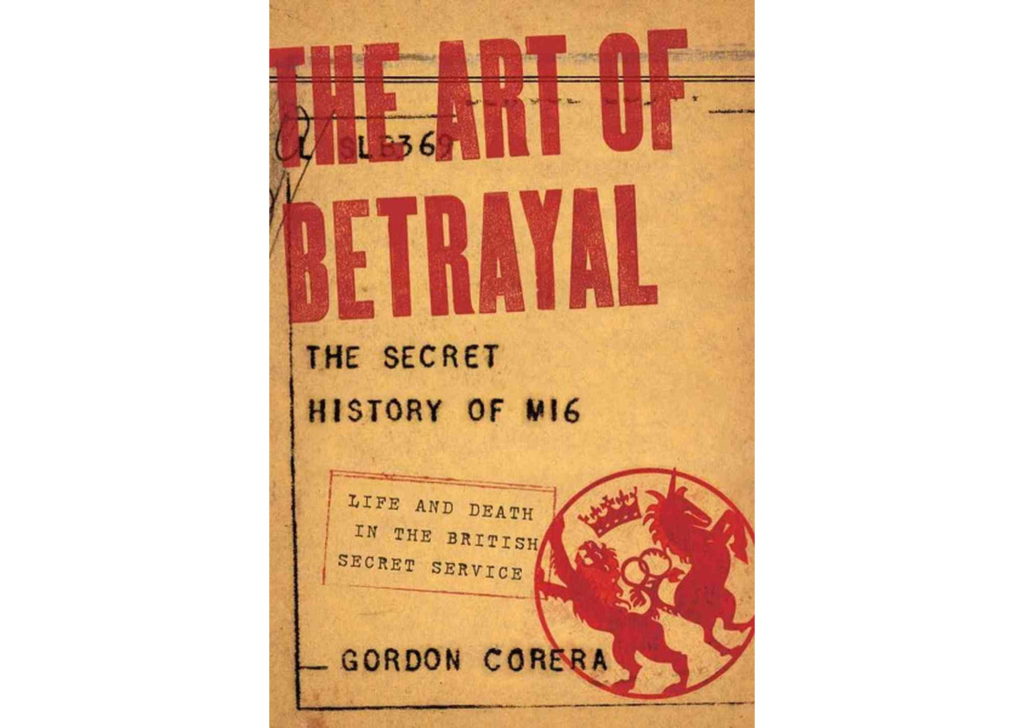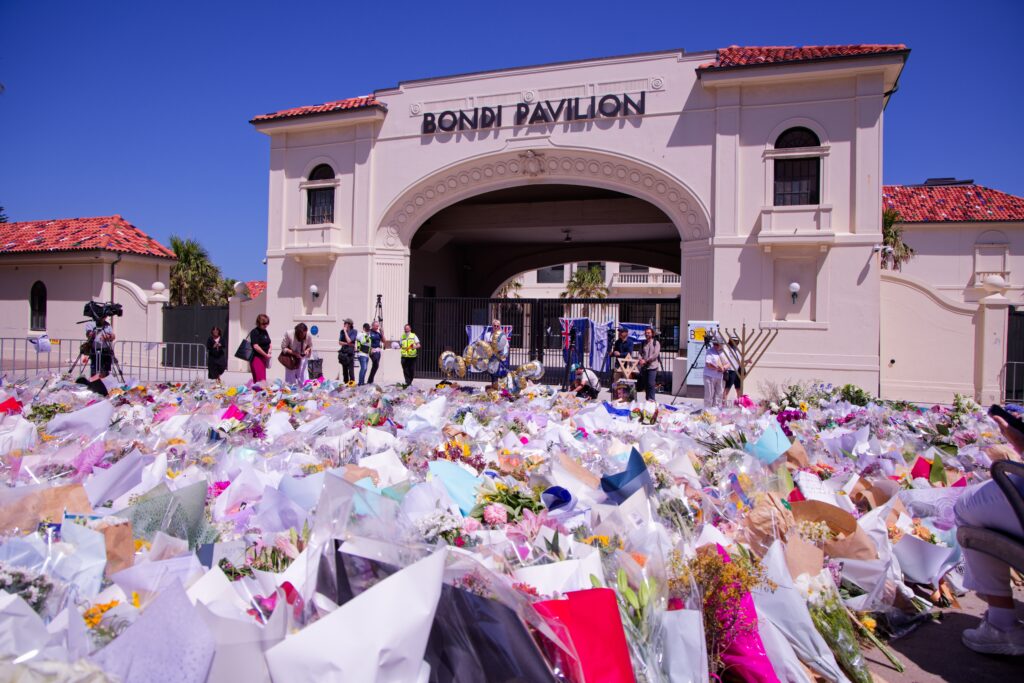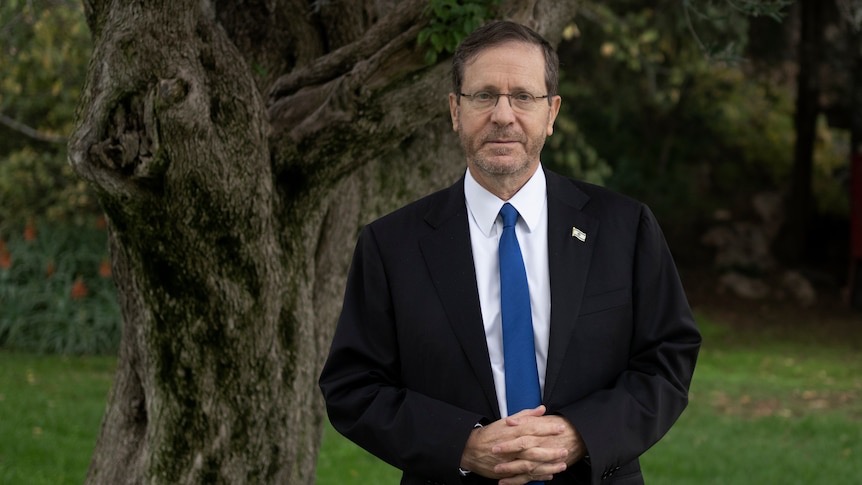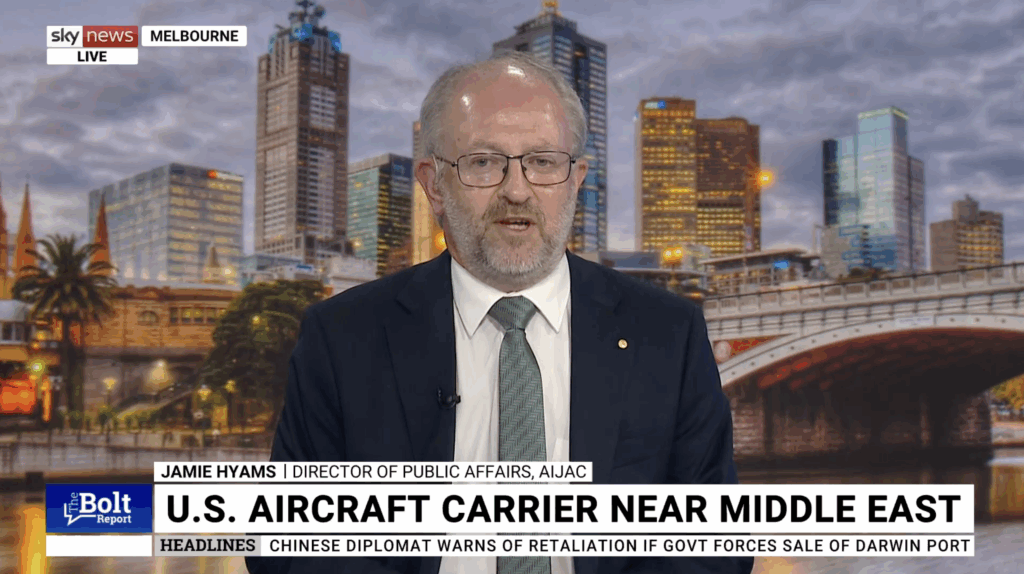UPDATES
The Truth about Iraq WMD “Lies”
February 11, 2013 | Talia Katz

For ten years, many in the Australian media have attributed the 2003 War in Iraq to the “lies” US and British leaders told the public about Saddam Hussein’s alleged weapons of mass destruction (WMD). To give just one typical example, Paul Malone wrote in the Canberra Times last year that: “The war was a misguided idea, developed by extremist politicians in the United States who lied to the world about Iraq’s possession of weapons of mass destruction.”
Yet while there is no doubt that US President George W. Bush and British PM Tony Blair were wrong in their claims about an active WMD program by Saddam Hussein, there is a very large difference between being wrong and “lying” – that is deliberately saying that which you know to be untrue. Nonetheless, despite the fact there has never been convincing evidence that Bush and Blair lied about the intelligence given to them – as opposed to that intelligence being wrong – anti-war slogans about the war being created via “lies” seem to have become almost a stock phrase in supposedly responsible media, in Australia and elsewhere.
However, the release of The Art of Betrayal, by Gordon Corera, the highly-regarded veteran BBC journalist, should, if our media indeed has the commitment to truth which it constantly proclaims, rightfully see the last decade of often conspiratorial rhetoric about Iraq fade to reveal a different and more complex and nuanced reality.
As Prof. Stephen Carter, a Yale professor of law, shows in a review of Corera’s meticulous, extremely thorough and well-sourced book, it reveals an intelligence community in both countries mistakenly but thoroughly convinced by the argument for the existence of Saddam’s weapons.
According to Carter, Corera’s “ironic conclusion” is that “Everyone, including the spies, was convinced by the intelligence that said Saddam had the weapons,” Corera writes. “[Yet] they were not sure it looked strong enough to win the argument.”
Corera’s role as a BBC security correspondent and his extensive work in the area of the history of British Intelligence means that this well researched book is a must read for those people interested in more than just the headlines.
The testimony of the Iraqi chemical engineer, known as “Curveball” who falsely claimed to have overseen the building of a mobile biological laboratory when he sought political asylum in Germany in 1999, came out to the media in 2012 as a liar. However, as Rafid Ahmed Alwan “Curveball” al-Janabi says, his lies were presented as “facts and conclusions based on solid intelligence” by Colin Powell, US Secretary of State, when making the case for war at the UN Security Council in February 2003.
But this is not where the story ends.
There were many factors, as Corera reveals in this book, including the intensely secretive Saddam Hussein adding fuel to the fire with his silence – or perhaps even deliberate efforts to give the impression that he had WMD in his pocket when he did not, having destroyed almost all his program secretly in the mid-1990s. As Corera says, “Every [Iraqi] general knew he did not have the special weapons but thought his counterpart down the road did.”
Corera’s book also provides a nuanced point of view on the complex relationship the intelligence agencies had with their international counterparts, the media and politicians.
He notes, as Carter explains:
“even Hans Blix, the chief United Nations arms inspector before the war, believed that Saddam Hussein had hidden weapons of mass destruction. David Kay, who led the postwar Iraq Survey Group that found no evidence of weapons of mass destruction, went into his search expecting to find the opposite. In this sense, Bush and Blair were just along for the ride.”
This is how the myth grew, and in the interests of expediency and action, the appropriate testing of the intelligence was not undertaken. This was not in the interests of intentionally misleading the public, but once the truth became obvious, many Australian pundits and policy analysts could talk of little else but the deliberate lies of Bush and Blair.
Despite other articles recently here and here that blamed the political ambitions of world leaders for the war, in March 2004 the Australian Parliamentary Joint Committee on ASIO, ASIS and DSD tabled its report on the Intelligence on Iraq’s weapons of mass destruction and made the following comments:
“The Committee is acutely aware that intelligence is not an exact science, that it is often speculative and should be judged in those terms. Intelligence is not evidence. The parts of the jigsaw are never completely there and the information is often suggestive rather than definitive.”
The committee concluded that the intelligence reports received by the Howard Government were only one part of this jigsaw, and the reasons Australia entered the Iraq War “were based on a mixture of historical experience, first principle hypotheses, deductive logic, assumption and assertion, as well as specific intelligence.”
In short, the Iraq War was not spurred by one factor alone, least of all politics. Moreover, the fallback claim of those who insist that the war was based on “lies” – namely that politicians deliberately politicised, distorted and spun the intelligence-gathering process – isn’t correct either. As Carter writes:
“Overall, Corera agrees with the conclusion of the British investigators: With a single exception, the intelligence wasn’t spun by the politicians. It was “simply wrong.” From the point of view of the spies, he points out, this realization is far more damaging. It means they didn’t do their jobs. And the political leaders, says Corera, “believed the intelligence they had been told about weapons of mass destruction in Iraq.”
The tight deadline for invasion, along with the disjointed non-communication of the US and British intelligence agencies and what Corera calls their “eager[ness] to please”, was bolstered by the firm belief the politicians expressed in the work of these agencies. All of these factors contributed to the incorrect claims that were made in the lead-up to the 2003 Iraq conflict. The way to prevent similar mistakes is to look accurately at what went wrong – not simply falsely demonising political leader who presided over those mistakes as “liars.”
The Art of Betrayal deflates some increasingly widespread mythology surrounding the 2003 war in Iraq. Instead of falsely accusing politicians of deliberately misleading the public in the interests of war mongering, Corera’s book exposes the complex problems created when a dysfunctional intelligence community becomes associated with an “overemphasis on intelligence” thus allowing insubstantial evidence and fragile suppositions to be sold as fact.
Talia Katz
Tags: Iraq





